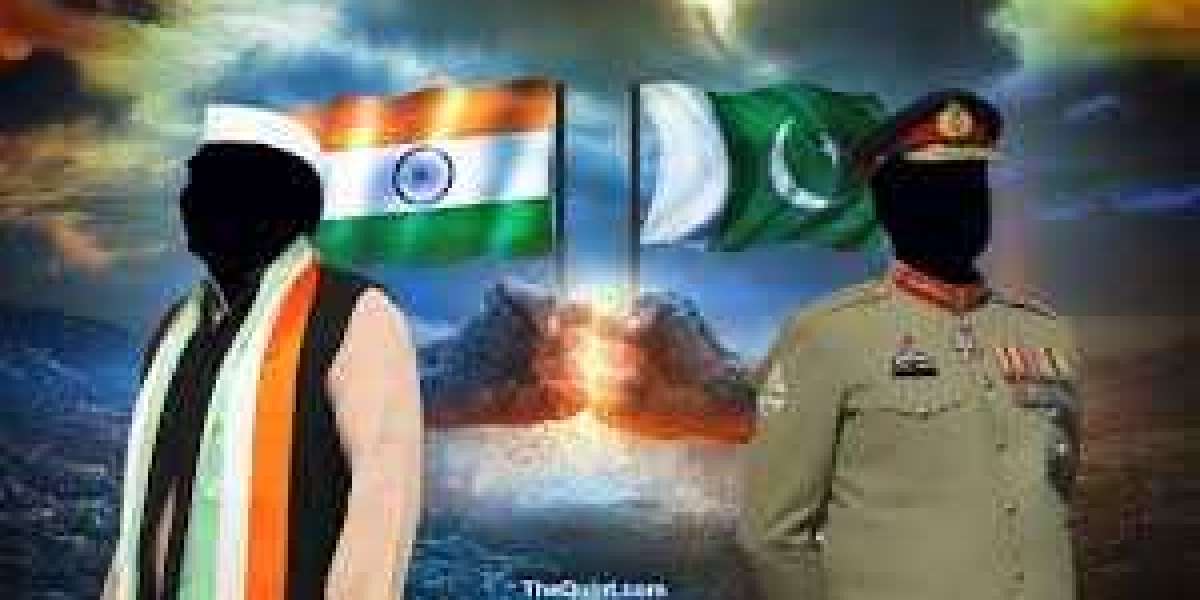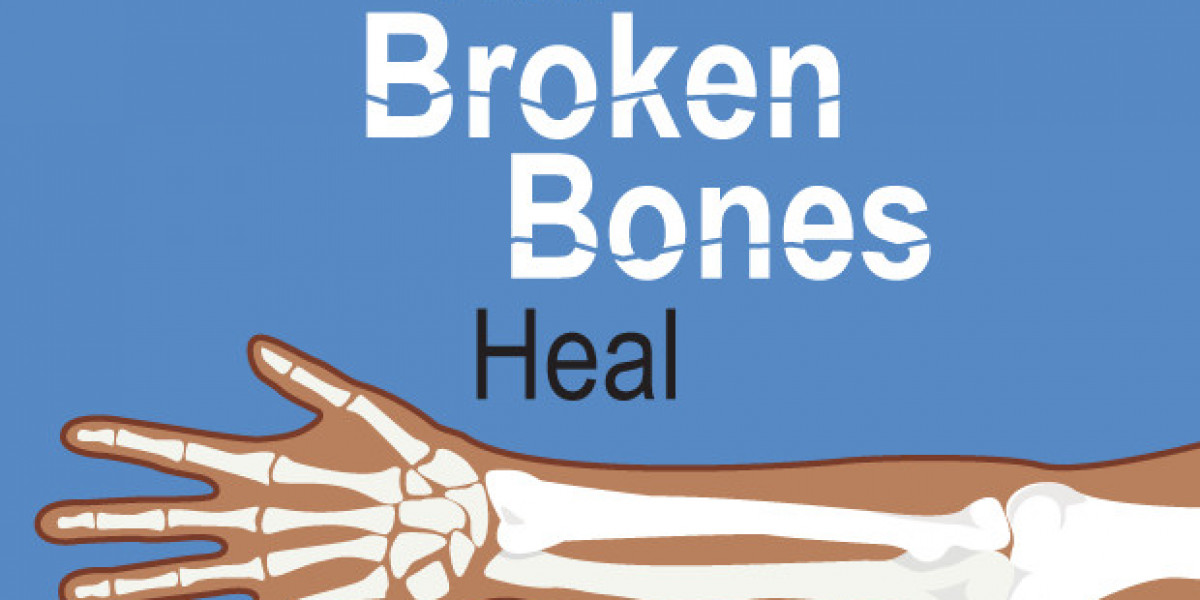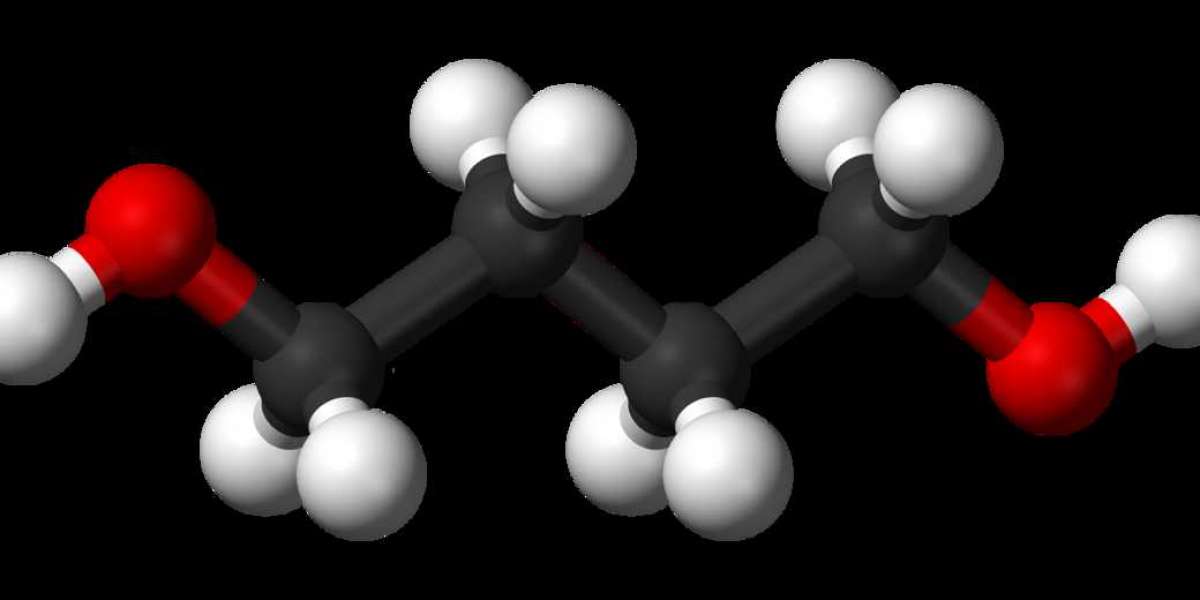A number of countries today place their belief in the popular notion of democracy. While some of these countries truly work in the spirit of democracy, others merely make a mockery of the concept. In order to deeply understand and claim a country as a workable democracy it is thus essential to not just accept what the leader preaches but assess what the country practices.
India and Pakistan gained independence in 1947 and have completely different histories since. While India has remained a democracy, Pakistan on the other has had to witness 34 years of military rule under different regimes.
India is widely known as the largest democracy in the word. This feature is mostly realised in the conduct of free and fair democratic elections in the country. Democratic elections are not merely symbolic, following are features of democratic elections in India;
- Democratic elections are competitive. Opposition parties thus must enjoy the freedom of speech and must be able to voice their opinions. Simply permitting the opposition access to the ballot is not enough. In India, the majority party may enjoy incumbency but is also at the same time subjected to constant criticism by the opposition leaders. Apart from BJP and the Congress, other parties too often express their concerns.
- Democratic elections are periodic. Democracies do not elect dictators or presidents who rule forever, elections thus take place once in every 5 years to elect 545 members who further form the government
- Democratic elections are inclusive. Each person in India is given the right to vote where every vote holds equal importance. This eliminates all forms of discrimination and emphasises on the inclusive character.
- Democratic elections are definitive. Leadership elected in not the pawns of military or the monarch but works independently, and are thus not merely figureheads or symbolic leaders.
- Democracies thrive on openness and accountability. To minimize the opportunity for intimidation, voters in a democracy must be permitted to cast their ballots in secret.
Pakistan has struggled with democracy since its founding in 1947. There have been numerous coup d'états against the democratically elected governments in Pakistan, the most significant being the ones of Gen. Ayub Khan, Zia-ul-Haq, and Pervez Musharraf.
General Pervez Musharraf removed Prime Minister Nawaz Sharif. In 2001, General Musharraf got himself elected as the President. Pakistan continued to be ruled by the army, though the army rulers have held some elections to give their rule a democratic image. Since 2008, democratically elected leaders have been ruling Pakistan. Under Mushaarraf Pakistan was far from democracy, the power to take final decisions rested with army officials and with General Musharraf, and none of them were elected by the people. Under him Pakistan went under military rule and officials had no control over the militants.
Imran Khan was elected as the 22nd prime minister on August 17th, 2018 after his party the Pakistan Tehreek-e-Insaf (PTI) won 151 out of the 342 seats.the election stirrd a number of controversies about the legitimacy of these elections and the influence of the army. The popular belief is that the military headquarters in Rawalpindi and not with politicians in Islamabad.







